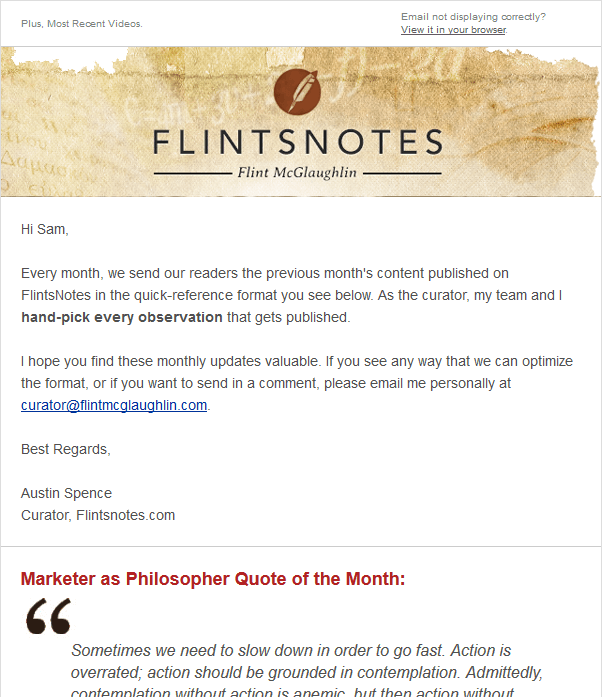Elsewhere I have written several versions of the prime formula. Here are some of the iterations:
-
Expression:
-
(CDE)s → !PVT
-
Wherein:
-
C = Content
D = Distribution
E = Energy
R = Reception
PLT = Pervasive Life Transformation
S = Sufficient
-
Expression:
- f1{es(cd)} -› {(cde)s}
- f1{(cde)s} -› f1{Pst}
- f1{Pst} • f2…{cde} f2…{Pst}
-
Wherein:
-
f1 = field 1 (commerce)
f2 = field 2
c = content
d = distribution
e = energy (spiritual and material)
Pst = Pervasive Spiritual Transformation
None of these equations/approaches is completely satisfactory, but all of them express, at least in general, the fundamental point. Later, I will work on another expression of this formula. For now, I want to consider the various research implications.
- There is missiological research.
- There is theological research.
- There is sociological research.
- There is organizational research.
I find all the words, all of the “ogicals” unsatisfying. Words weary me. I cannot say it right.
The following areas endear my primary interest (though I don’t intend to thoroughly engage in these personally):
- I am interested in the missiological implications of this formula. It speaks to a new way to achieve teleos. Peter Heslam’s work on the cultural impact of business could be particularly useful in this regard.
- I am deeply interested in the application, the praxis of this formula (particularly as it relates to the resources/force). This may be contemplated through two lenses: the personal lens (how can one reproduce the life of Christ in a marketplace spirituality) and the corporate lens (how can one express the body of Christ in the marketplace ecclesiology).
- Somehow, I wish I could approach this through the lens of philosophy. I feel most comfortable navigating in the waters of pure thought.
As I consider the relationship with Cambridge, it grows increasingly important to focus deeply on the design of the research project. I must not let “the beast” drag me off course.

